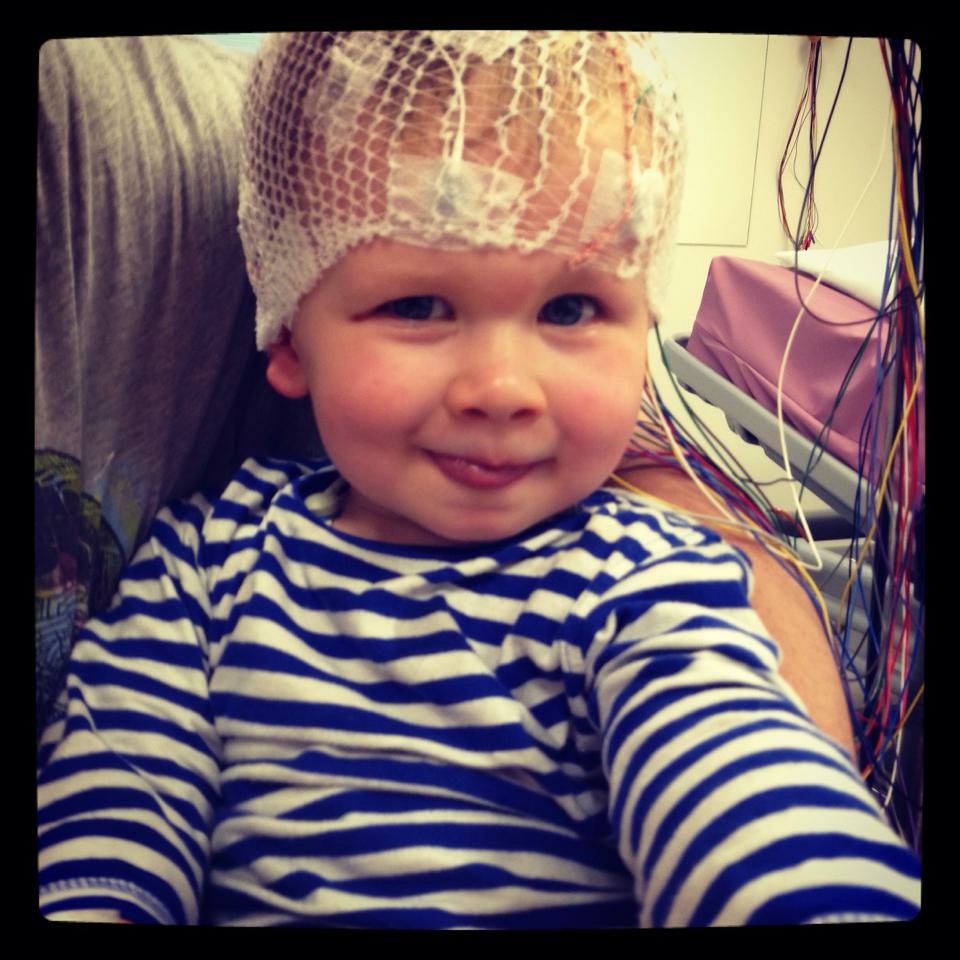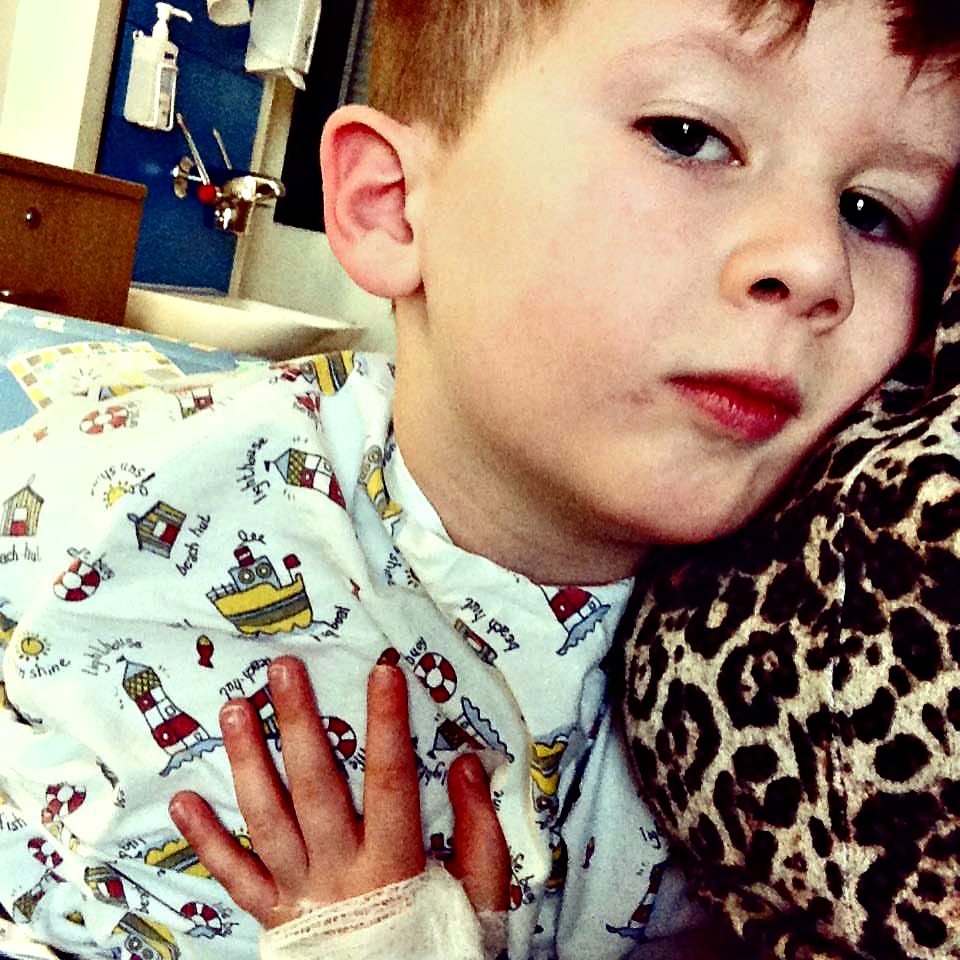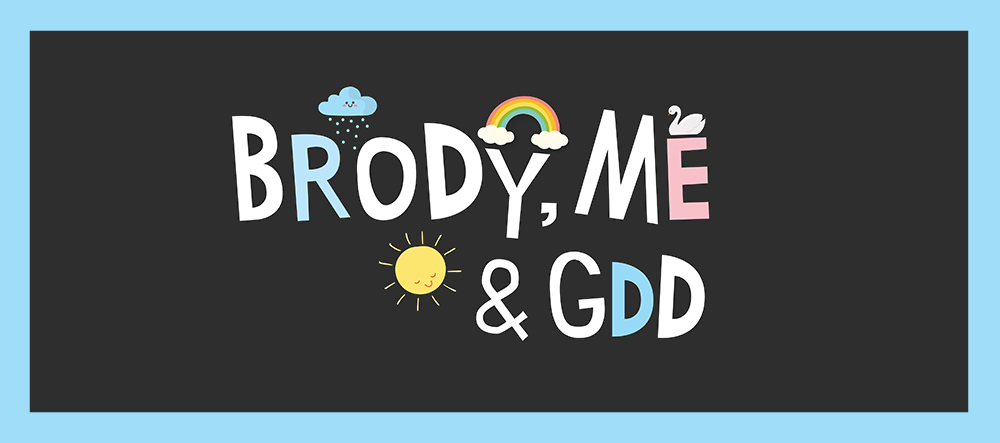
Epilepsy is a condition estimated to affect more than 500,000 people in the UK, including my 5 year old son Brody.
Brody’s epilepsy makes me question a lot of things. The smallest of movements, memories pre-diagnosis and even laughter. It can really play on your mind when you’re not sure if something is a seizure or not – because some seizures are easily missed. And they can leave a lot of damage in their wake.
We discovered that Brody was having seizures when he was one years old – and this was only because they were clonic tonic ones and very noticeable. But because there are so many different types of seizures, I will always wonder if Brody had them when he was much younger and we just weren’t aware that he was having them. Even now he is 5 with an epilepsy diagnosis, I still find myself questioning if a quick eye roll, a strange movement or laughing in his sleep is something suspicious. And because he is primarily undiagnosed, there is a part of me that sometimes wonders if epilepsy has caused his learning disability. I suspect we’ll never know.
Laughing was never something I ever associated with seizures. Then late one night when I was heavily pregnant with our daughter, Brody was asleep next to me and began laughing hysterically. I turned round to face him and he started having a clonic tonic seizure (I managed not to go into labour).
A month or so later, he was on our sofa laughing and the same thing happened. Hysterical laughter followed by a clonic tonic seizure. Something clicked and I remembered the first time he was admitted to hospital with seizures as a baby. He’d had 5 that day and it was about 11 o’clock at night and he was in his cot, half awake. He began laughing and before we had time to question why, we were pulling the emergency cord and doctors and nurses were flying in.
When I thought about it, Brody had laughed before a lot of his seizures.
Naturally I did what all us Mum’s do – Google. And from there I found out about gelastic seizures, which typically begin with laughter that is empty and hard to describe. Following the laughter, the person might then have another type of seizure. But the laughter can be a seizure on its own.
I felt sick to my stomach because it all sounded so familiar. As well as before some clonic tonic seizures, Brody has always laughed without explanation. And although inappropriate laughter is common in children like Brody with autism, he laughs a lot in the middle of the night, and has done since he was a baby. He is also prone to having seizures at night rather than in the day time.
Sadly I know I’m not alone in having the worry of SUDEP (sudden unexplained death in epilepsy) playing on my mind when he sleeps.
I have plenty of videos of Brody laughing at night on my phone going right back to when he was a baby, because I had thought it was just something he did that was cute. I took them to his neurologist who agreed that it was unusual and an EEG followed, then a video telemetry EEG and then an MRI to check that he didn’t have hypothalamic harmartomas, which can cause gelastic seizures. The MRI didn’t show any evidence of them and as usual the EEGs didn’t provide any information – something that we’re used to happening, despite Brody having a diagnosis of epilepsy.

So we’re left in limbo, which is something we’re sadly used to having a child with an undiagnosed genetic condition. Brody still laughs most nights and we listen and watch his monitor not knowing if he is laughing in his sleep or if it’s part of his epilepsy. Brody’s neurologist can’t say one way or the other – he just says that it’s suggestive of gelastic epilepsy. Unfortunately, gelastic epilepsy isn’t easy to diagnose. We were offered the option recently of altering his medication to see if it stops the night time laughter but we have decided not to for now – because what if it’s not?
I hate the way epilepsy makes you question things that could be perfectly normal with your child. You can’t help it because a seizure can be something so subtle and you don’t want to miss it. You want to know because you are all too aware of the harm they can cause.
The loss of skills.
The regression.
But sometimes it’s just so hard to know if it’s a seizure or not.
This post was originally written for and published by Firefly Community.


I hate that since Danny’s diagnosis with MPS (gelastic seizures are a possibility but still unlikely at this stage) I can no longer enjoy something as simple as his laughter without wondering….
Author
I know exactly how you feel Sally. Lots of love to you xx
I have just read your post, so easy to relate to. Our son had infantile spasms at 8mths and with his chromosome duplication epilepsy is highly prevalent. Every twitch, noise or movement at night wakes us and we check the video monitor. The fear the epilepsy will return is always with us.
Author
So sorry to hear that Ian and apologies I’m only just replying. It’s horrible not knowing.
My son was diagnosed with a rare from absence status epilepsy
I was reaching out to you as we are facing the same. I was wondering how your son is and how you have been navigating everything. Could you please email me?